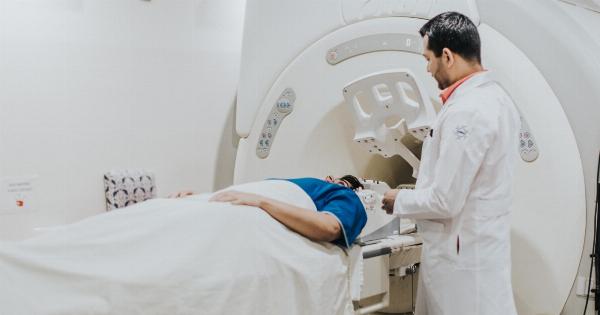According to the National Eating Disorders Association, anorexia and bulimia are the two most common eating disorders that affect women.
Both conditions are characterized by an unhealthy relationship with food, which can lead to significant physical and mental health problems.
What is Anorexia?
Anorexia, also known as anorexia nervosa, is a serious eating disorder characterized by an extreme fear of gaining weight and a distorted body image.
Individuals with anorexia often perceive themselves as overweight, even when they are underweight, and take extreme measures to control their weight.
Causes of Anorexia
The exact causes of anorexia are not known, but several factors can contribute to the development of this disorder. These include:.
- Genetic and biological factors
- Cultural and social pressures to be thin
- Family dynamics and relationship issues
- Trauma or abuse
- Mental health conditions such as anxiety, depression, or OCD
Symptoms of Anorexia
The symptoms of anorexia can vary from person to person and can include:.
- Rapid weight loss or the inability to gain weight
- Extreme restriction of food intake
- Fear of gaining weight and becoming overweight
- Distorted body image
- Excessive exercise
- Absence of menstrual periods in women
- Cold intolerance and/or a decrease in body temperature
- Low blood pressure and heart rate
Treatment for Anorexia
Anorexia is a serious health condition that can lead to life-threatening complications if left untreated. Treatment for anorexia typically involves a combination of medical, psychological, and nutritional interventions. These can include:.
- Hospitalization or residential treatment for severe cases
- Psychotherapy to address underlying emotional and psychological issues
- Cognitive-behavioral therapy (CBT) to modify negative thoughts and behaviors
- Nutritional counseling to establish a healthy eating pattern and weight restoration
- Medication to treat co-occurring mental health conditions such as depression or anxiety
What is Bulimia?
Bulimia, also known as bulimia nervosa, is an eating disorder characterized by recurrent episodes of binge eating followed by purging behaviors such as vomiting, laxative use, or excessive exercise.
Individuals with bulimia are often preoccupied with their weight and body shape, and feel a lack of control over their eating habits.
Causes of Bulimia
Like anorexia, the exact causes of bulimia are not known, but several factors can contribute to its development. These include:.
- Genetic and biological factors
- Cultural and social pressure to be thin
- Family dynamics and relationship issues
- Mental health conditions such as anxiety, depression, or PTSD
- Past traumatic experiences such as sexual abuse or neglect
Symptoms of Bulimia
The symptoms of bulimia can vary from person to person and can include:.
- Recurrent episodes of binge-eating followed by purging behaviors
- Preoccupation with weight and body shape
- Feelings of guilt, shame, or disgust after binge eating
- Use of laxatives, diuretics, or other purging methods
- Excessive exercise
- Dental problems due to the acid exposure from vomiting
- Electrolyte imbalances leading to potential heart damage
Treatment for Bulimia
Bulimia is a serious health condition that can lead to life-threatening medical complications if left untreated. Treatment for bulimia typically involves a combination of medical, psychological, and nutritional interventions. These can include:.
- Hospitalization or residential treatment for severe cases
- Psychotherapy to address underlying emotional and psychological issues
- Cognitive-behavioral therapy (CBT) to modify negative thoughts and behaviors
- Nutritional counseling to establish a healthy eating pattern and weight management
- Antidepressant medication to treat co-occurring mental health conditions
Conclusion
Anorexia and bulimia are serious eating disorders that can have significant physical and mental health consequences for those who suffer from them.
While the exact causes of these conditions are not known, several factors can contribute to their development, including genetic, biological, cultural, social, and psychological factors. However, both anorexia and bulimia are treatable conditions, and early intervention can significantly improve a person’s chances of recovery.
If you or someone you know is struggling with anorexia or bulimia, seek help from a medical professional as soon as possible.



























